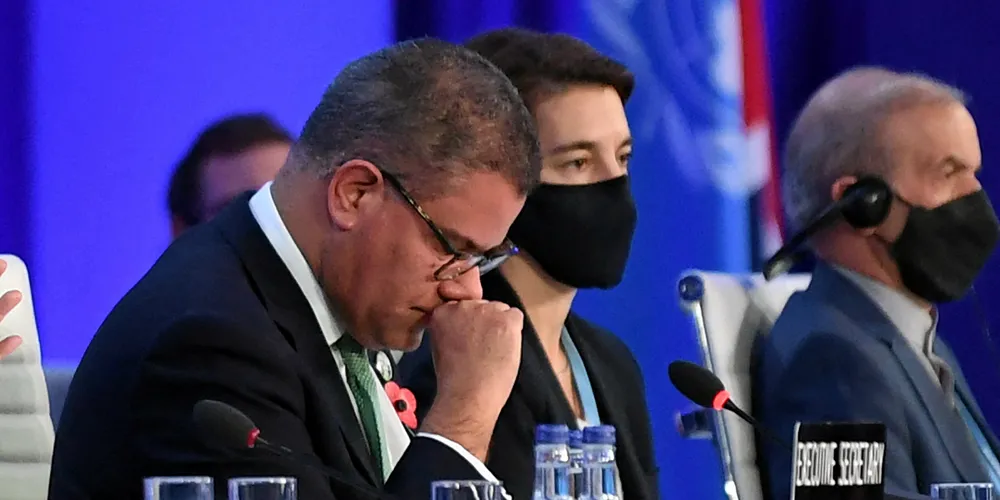'China and India will have to explain themselves': anger as coal ends COP26 down not out
Last-minute interventions to change wording over most polluting energy source overshadow Glasgow summit

Last-minute interventions to change wording over most polluting energy source overshadow Glasgow summit
